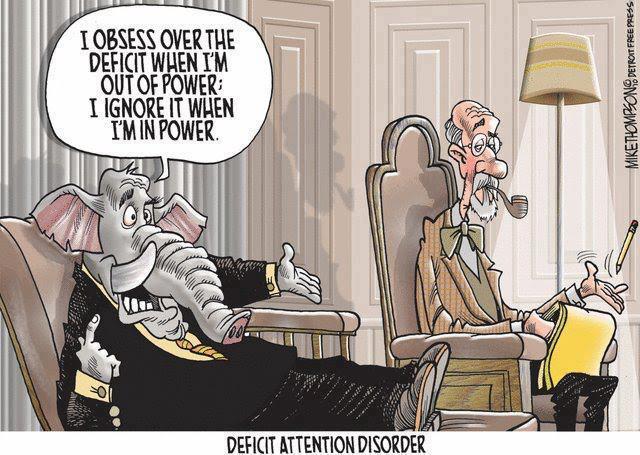ColonelAngus
Diamond Member
- Feb 25, 2015
- 53,616
- 54,461
- 3,615
No idea who the rich are and what their fair share of taxes is, huh?
Why did Hillary say, "The rich should pay their fair share" if none of you Hillary supporters knew what the fuck she was talking about?
She said it over and over and over....it's weird that no one asked her what the fuck she was talking about.
Why did Hillary say, "The rich should pay their fair share" if none of you Hillary supporters knew what the fuck she was talking about?
She said it over and over and over....it's weird that no one asked her what the fuck she was talking about.
 They must have brain damage.
They must have brain damage.
